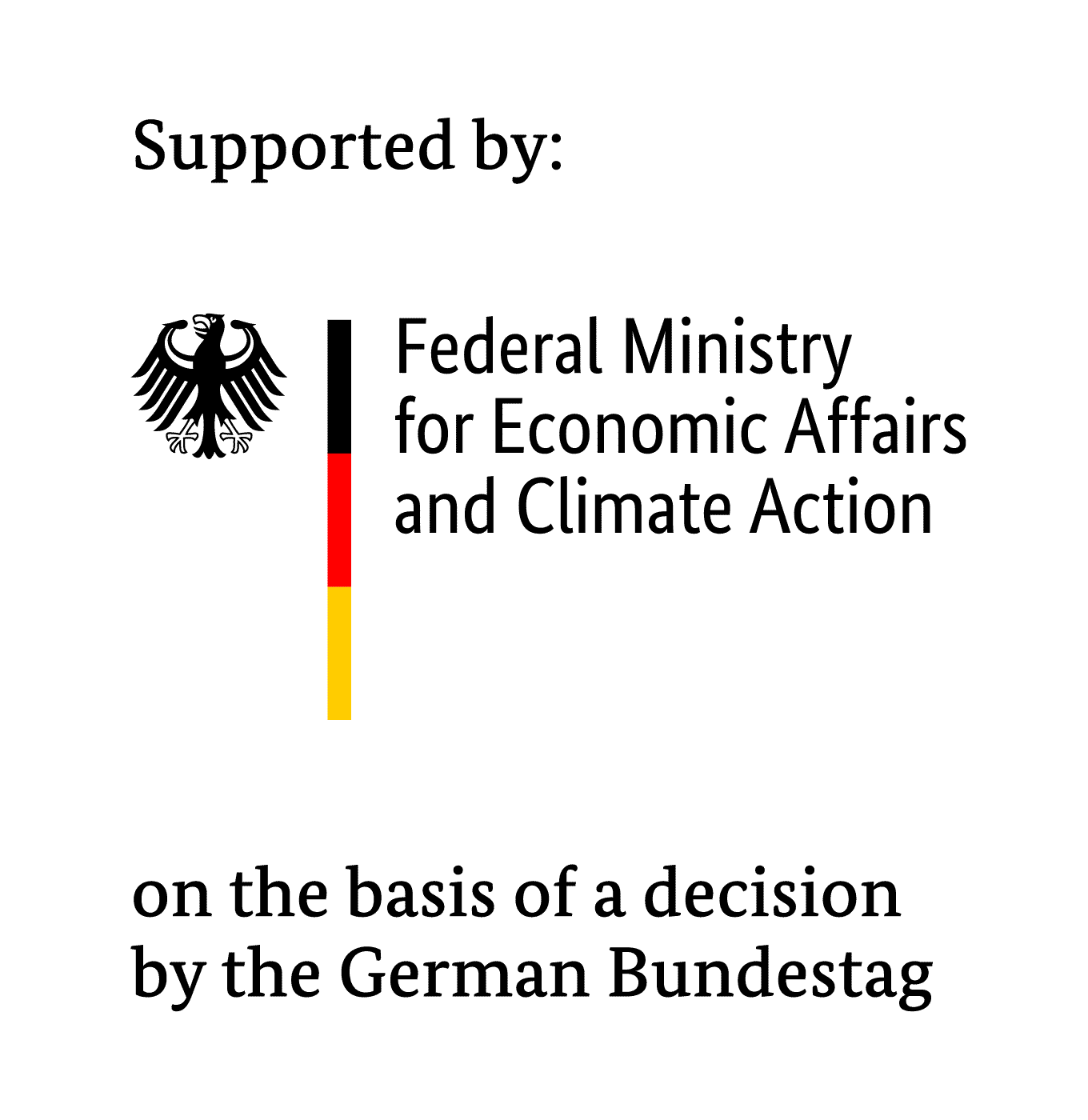Projectname:
Targeted cavitation cleaning by adapting the defense and hunting method of the
pistol crab
Workgroup: Hygienic production
Research Partner and Scientific Guidance:
Fraunhofer-Institut für Verfahrenstechnik und Verpackung IVV Dresden, Roman Murcek
TU Bergakademie Freiberg, Institut für Mechanik und Fluiddynamik, Lehrstuhl Strömungsmechanik, Max Finster
IGF: 22294 BR
Financing: BMWK
Duration: 2022 – 2024
In many industries, need-based and resource-efficient cleaning of components is of crucial importance. Immersion cleaning methods, especially ultrasound and pressure flooding, have proven particularly effective for cleaning of complicated geometries and stubborn contamination. Ultrasonic cleaning has its limitations in the case of complex geometries. In pressure flooding processes, the mechanical cleaning effect is limited. Within the scope of the project, a novel technology is being developed that compensates for the disadvantages of both methods. The development focuses on a system for generating cavitating liquid jets for cleaning processes, which combines a high cleaning effect independent of the geometry with low resource consumption. The basis for this is the pistol shrimp hunting method, which generates a liquid jet that cavitates at its front. For this, a method based on this principle that can be used for cleaning is being developed and verified. For this purpose, the cavitation bubbles, the shock waves and the plasma are characterized experimentally. Comparative cleaning tests are carried out on different contaminants, allowing to determine the potential and application limits. Industrial suitability will be verified by applying functional samples developed in the project in an experimental environment. The novel cleaning process leads to locally improved cleaning, improved process control and resource savings. The area of application primarily includes the food, pharmaceutical and cosmetics industries as well as industrial component cleaning. Within Germany, these industries are particularly composed of SMEs, which is why the results are of high importance for SMEs. The technology will contribute to securing Germany’s technological lead as a center of innovation over foreign competitors.

The IGF project presented here by the Research Association of the Industrial Association for Food Technology and Packaging (IVLV e.V.) is funded by the Federal Ministry for Economic Affairs and Climate Action as part of the program for the promotion of industrial community research (IGF) based on a decision of the German Bundestag.